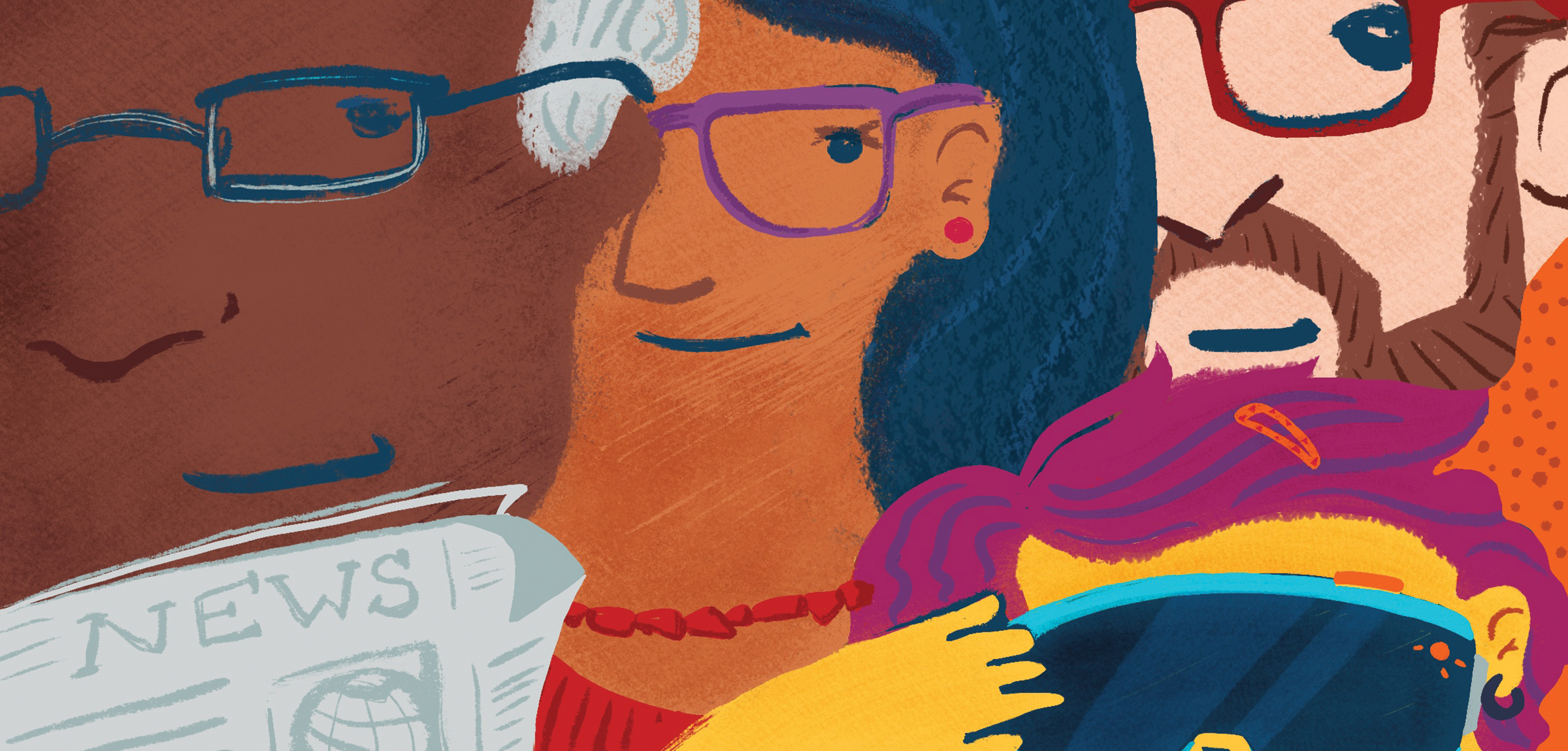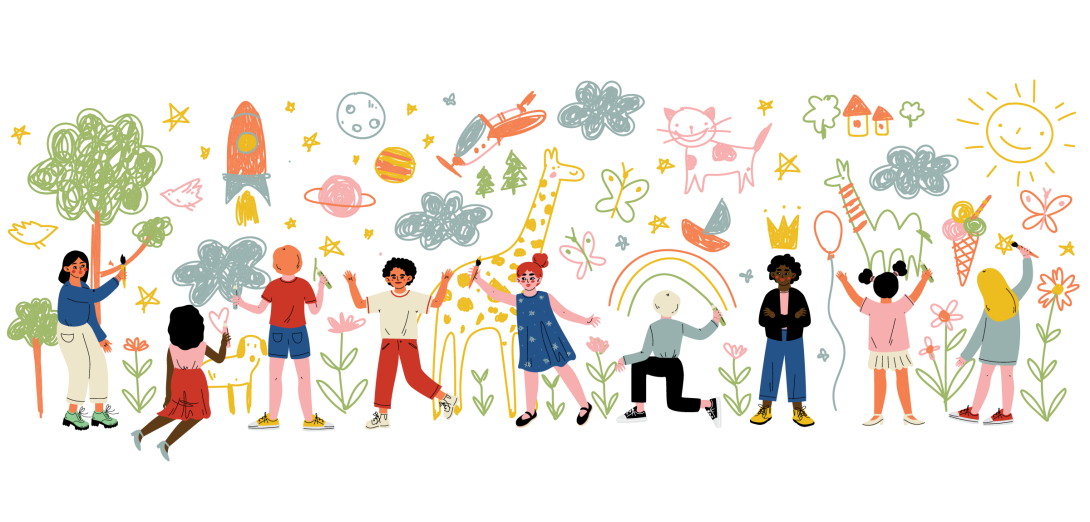At any given time, teachers in Alberta schools generally range in age from 21 to 72. This means that, among the teaching staff at many schools, four generations are represented: Baby Boomers (1946–1964), Gen X (1965–1980), Millennials (1981–1996) and Gen Z (1997–2012).
Generational diversity has become a common conversation in workplaces around the country, with the focus often on the differences between the generations. Intergenerational tensions can emerge at work, with some employees dismissing the abilities of their colleagues based on their age. While there is
no consensus on the generational labels,
generational categories have come to be used — in society, in social media and in workplaces—to explain behaviours and traits.
Which generation are you at heart?
Q: What is your view of work?
- I live to work.
- I work to live.
- Work smarter, not harder.
- For me, work = passion + purpose.
Q: In your workplace, you would prefer feedback to be
- minimal
- direct
- frequent and instantaneous
- bite-sized and real time
Q: Which of the following best describes your view of changing jobs?
- I will stay in one place as long as I can.
- I would change to increase my income.
- It is expected.
- It will be constant.
Q: Your ideal leader is a
- thinker
- doer
- supporter
- collaborator
Q: Your preferred type of professional learning is
- structured
- participative
- interactive
- multimodal
Score your answers:
Mostly As
You work like a Boomer. In the workplace, you are likely optimistic, enjoy mentoring, have a strong work ethic and are loyal.
Mostly Bs
You work like a Gen-Xer. In the workplace, you are likely independent, innovative and self-reliant with strong communication skills.
Mostly Cs
You work like a Millennial. In the workplace, you are likely tech savvy, collaborative, self-directed and focused on the greater good.
Mostly Ds
You work like a Gen-Zer. In the workplace, you are likely digitally fluent, practical, creative and flourish in diverse environments.
Did your quiz results match your generation? Do you see yourself in other generations too?
Understanding the motivators and strengths associated with the generational groups can lead to greater appreciation for our own attributes and those of our colleagues. At the same time, focusing on the generalizations about a generation can lead to using labels and perpetuating stereotypes that may be neither accurate nor acceptable.
"Try to be a rainbow in someone's cloud. ”
—Maya Angelou



